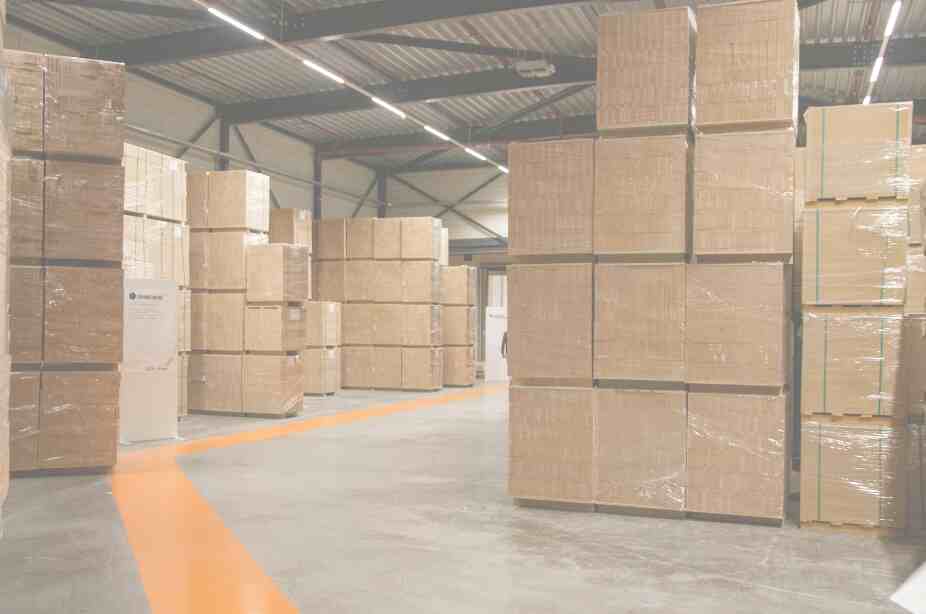
support@ledgermax.pk

+92 21 34559515-6
.jpg)
For those running a business in Pakistan, managing taxes effectively is critical to maintaining compliance and achieving sustainable growth. Two of the most significant taxes that business owners must understand are Sales Tax and Income Tax. While they may sound similar, these taxes apply to different parts of your business operations and are governed by separate regulations.
Whether you run a small retail shop, an online store, or a service-based business, understanding the difference between sales tax and income tax can help you avoid penalties, optimize your tax strategy, and grow with confidence.
Sales tax is a consumption tax that is charged on the sale of goods (and certain services) in Pakistan. This tax is collected from the customer at the point of sale and then submitted by the business to the government. It is essentially a tax on the end consumer.
Sales tax in Pakistan is primarily governed by the Federal Board of Revenue (FBR) for goods and by provincial revenue authorities (like PRA, SRB, KPRA, BRA) for services.
The standard sales tax rate in Pakistan is 18% (as of 2025), though certain sectors may have lower or zero-rated tax.
Example:
If you sell a product for PKR 1,000, and the applicable sales tax is 18%, the customer pays PKR 1,180. You must then remit the PKR 180 to the government.
Income tax, on the other hand, is a tax on the net income or profit earned by individuals and businesses. Unlike sales tax, it is not related to sales volume, but rather to how much your business earns after expenses.
All individuals, partnerships, and companies earning income above a certain threshold are required to pay income tax. It applies to both salaried individuals and business owners.
Income tax rates in Pakistan vary based on the type of business entity and the level of income. For example:
Example:
If your business earns a net profit of PKR 1,000,000 per year, and your tax rate is 15%, you will pay PKR 150,000 as income tax.
.jpg)
Many new business owners in Pakistan focus only on income tax and ignore sales tax, or vice versa. However, both are equally important and non-compliance with either can lead to heavy penalties.
Understanding both taxes ensures that you file correctly and on time. Non-compliance can lead to audits, fines, and even business closure.
Sales tax affects your pricing strategy, while income tax impacts your take-home profit. Proper planning helps maintain healthy cash flow.
Customers often ask for tax invoices, especially in B2B settings. Being a registered sales tax filer adds to your credibility.
Government contracts and some bank loans require a valid NTN (National Tax Number) and Sales Tax Registration Number (STRN).
You’ll need an NTN (National Tax Number) for income tax and a STRN for sales tax.
If you’re providing services, register with the respective authority:
Navigating tax rules can be complex, especially as your business grows. Using accounting software like LedgerMax can help automate invoicing, manage records, and generate reports.
Maintain digital or physical copies of invoices, expense receipts, and bank statements for accurate reporting.
Thus, understanding the difference between sales tax and income tax is crucial for any entrepreneur operating in Pakistan. While sales tax deals with your transactions and is collected from your customers, income tax is paid from your profits. Both play a vital role in your business journey, and staying compliant with them ensures smooth operations, peace of mind, and credibility in the market.
If you’re just starting out, don’t be overwhelmed. Begin by registering with the FBR, maintain proper records, and seek help from professionals. With the right knowledge and approach, you’ll not only avoid penalties but also make smarter financial decisions that fuel your business growth.
LEDGERMAX BLOG
.jpg)

